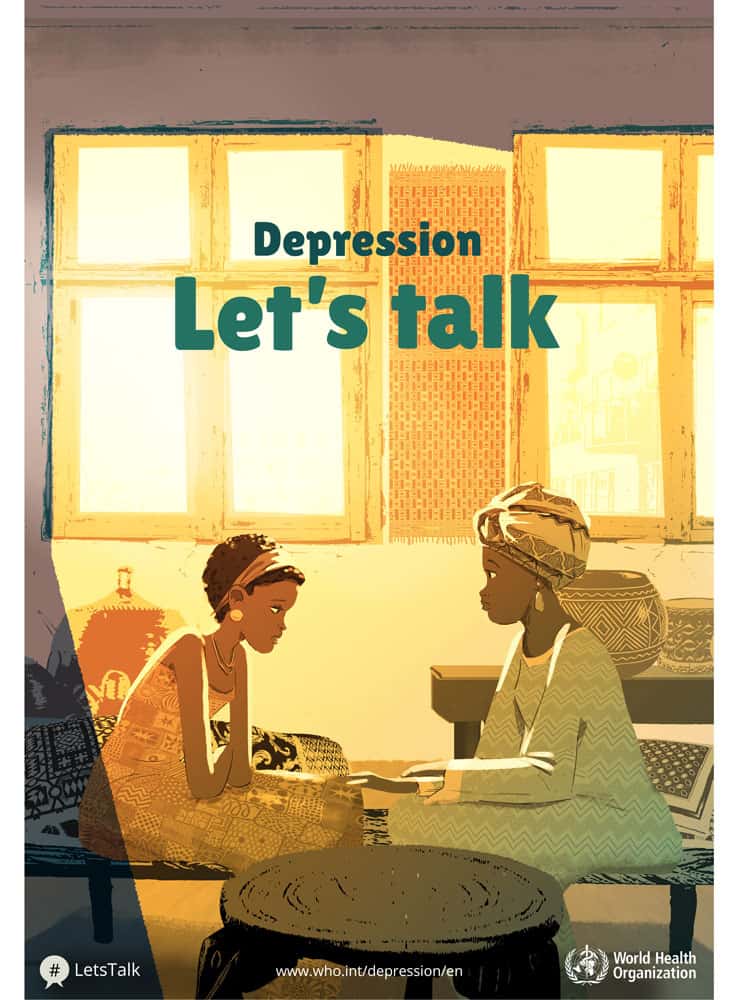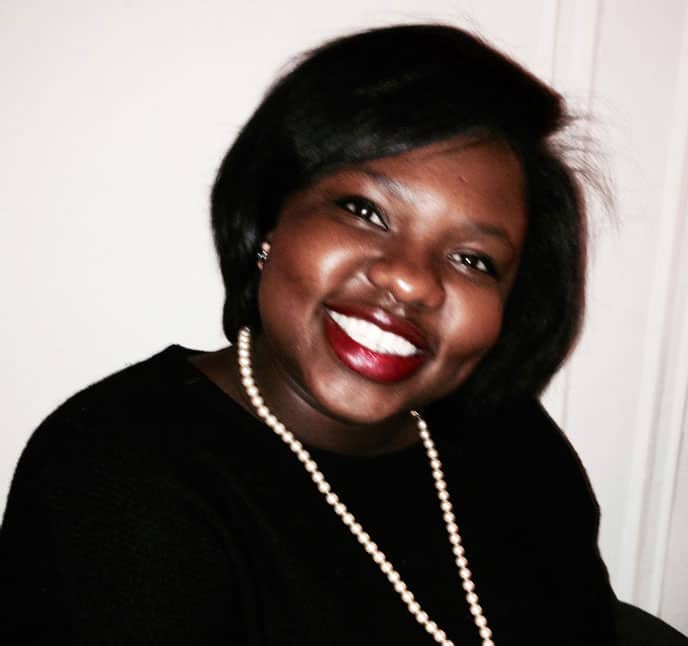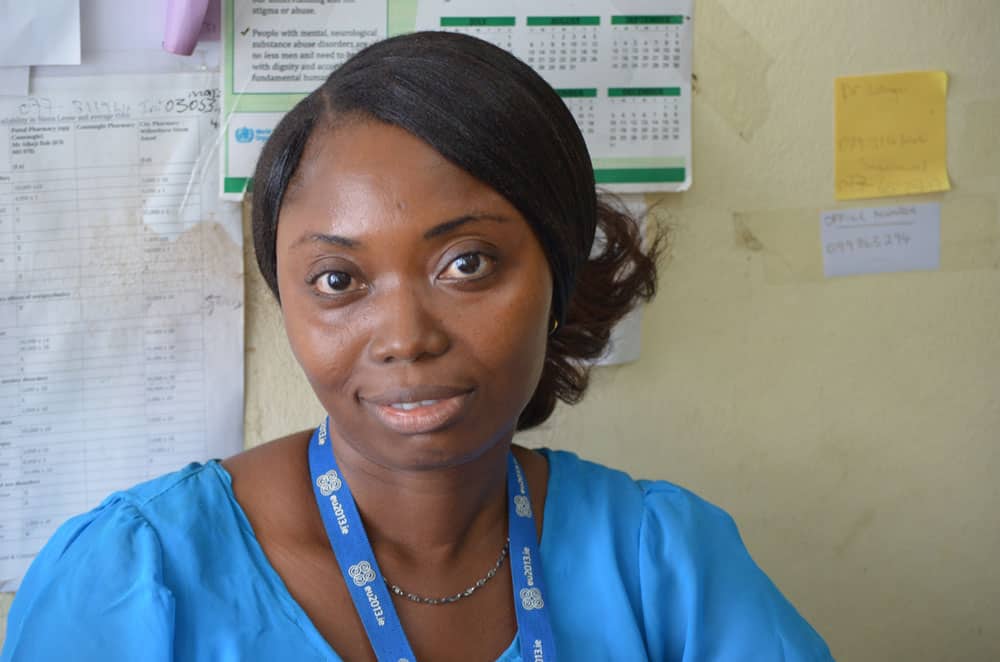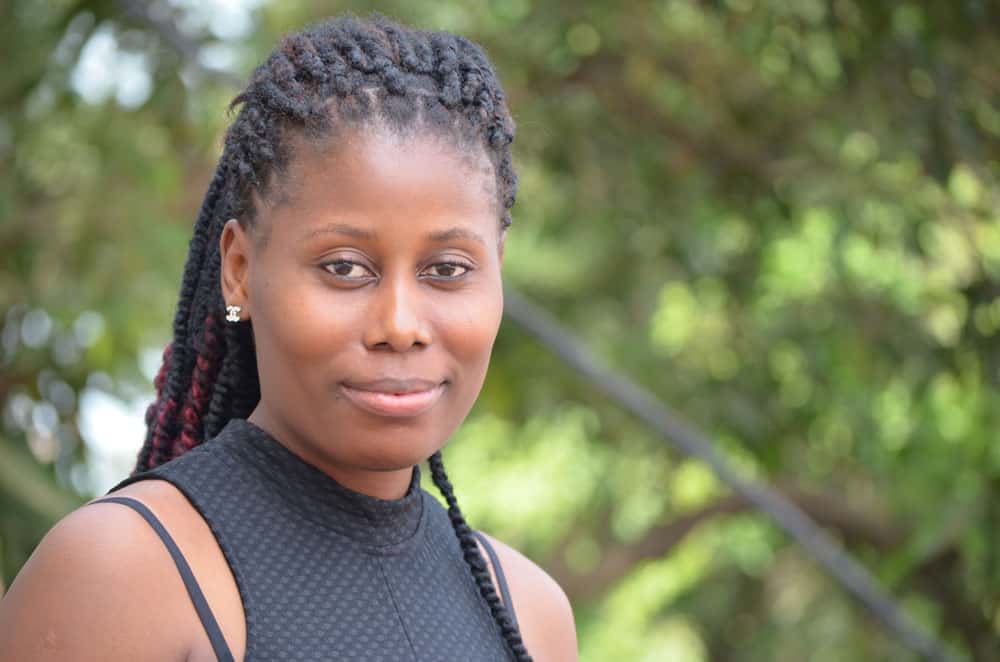This website uses cookies so that we can provide you with the best user experience possible. Cookie information is stored in your browser and performs functions such as recognizing you when you return to our website and helping our team to understand which sections of the website you find most interesting and useful.
Supporting Post-Ebola
Mental health problems in Sierra Leone pose a high burden of developmental, emotional, and behavioral disorders not only in adults but also in children and adolescents. The country’s recent history includes a long civil war, the Ebola epidemic, and in 2017, a mudslide that killed more than 500 people. Furthermore, throughout Sierra Leone, there is a considerable resource gap for diagnosing and treating mental health conditions, so the majority of people who need care do not get it.

Since 2016, Sam Johnson has worked as a technical advisor on the Ebola Transmission Prevention and Survivors Services project, which is implemented through JSI’s Advancing Partners & Communities and focuses on survivors’ psychological and as-of-yet unknown medical problems.
“People have said that Ebola has had the same psychological effect on individuals as the 12 years of civil war—abrupt and violent deaths that offer survivors no closure,” Johnson said. “We’re helping the government to strengthen its health care system so it can be better prepared for future outbreaks, mitigate Ebola virus disease (EVD) transmission, make sure survivors have access to care for their ongoing health problems, reduce Ebola-related stigma, and help survivors reintegrate into their communities.”

SAM JOHNSON
Advancing Partners & Communities has supported the Ministry of Health and Sanitation and other partners to build the capacity of the public health system to provide evidence-based mental health services. Thus far, 20 mental health nurses have been trained to counsel, refer, and provide follow-up services in their respective districts.
Today, mental health nurses like Jennifer Duncan provide counseling and referrals to those in need at Connaught Hospital in Freetown.

JENNIFER DUNCAN
“When I first began, people had no awareness of mental illness—they thought it was all witchcraft,” said Duncan. “Today they know there is help, from medicines to therapy.”
The mental health unit at the hospital opened when the Ebola epidemic ended. “People were traumatized, bereaved, and displaced. They needed support,” she said. “I am pleased to be able to provide that support.”
Duncan has trained more than 100 health workers to provide basic psychological care at primary health care units and refer patients to higher-level care when needed.
I do ongoing psycho-education, trying to help patients and their relatives understand that mental illness is an illness, but there is treatment. I try to help people understand that they shouldn’t stigmatize people.” – Jennifer Duncan
Watch the video to hear Jennifer Duncan talk about her work.
JSI also provides training in financial and human resource management, organizational policies and procedures, advocacy skills, and resource mobilization to the Sierra Leone Association of Ebola Survivors. The goal is to ensure that the association is self-reliant and can advocate more effectively for the rights of EVD survivors. Thanks to this training, Glenna Beckley, an Ebola survivor who works for the association, is now able to help others. “In November, I was asked to be a master trainer for a survivor to survivor peer education program,” Beckley said.

GLENNA BECKLEY
Two years ago, Beckley met the eldest of five siblings who were orphaned by Ebola when the girl came to her office to register as a survivor (survivors get free health services—a program JSI is also involved with). When Beckley followed up with the girl, she learned that the children were being thrown out of their house because they couldn’t pay the rent. The younger children were taken in by relatives, but they didn’t want the oldest girl. So Beckley brought the girl, who is now about to graduate from high school, to live with her.
My mother died… my daughter died… but I did not die. My job helps me cope. Every day I meet people who went through tougher times than I did—my story is small compared with some others.” – Glenna Beckley
On International Women’s Day and every day, we celebrate the daily achievements of women like Sam Johnson, Jennifer Duncan, and Glenna Beckley who are supporting post-Ebola recovery.

